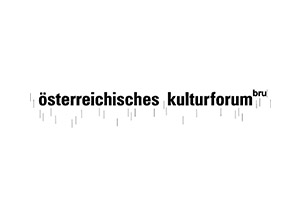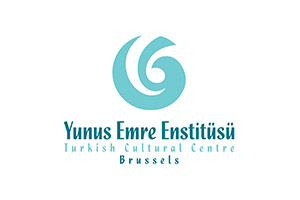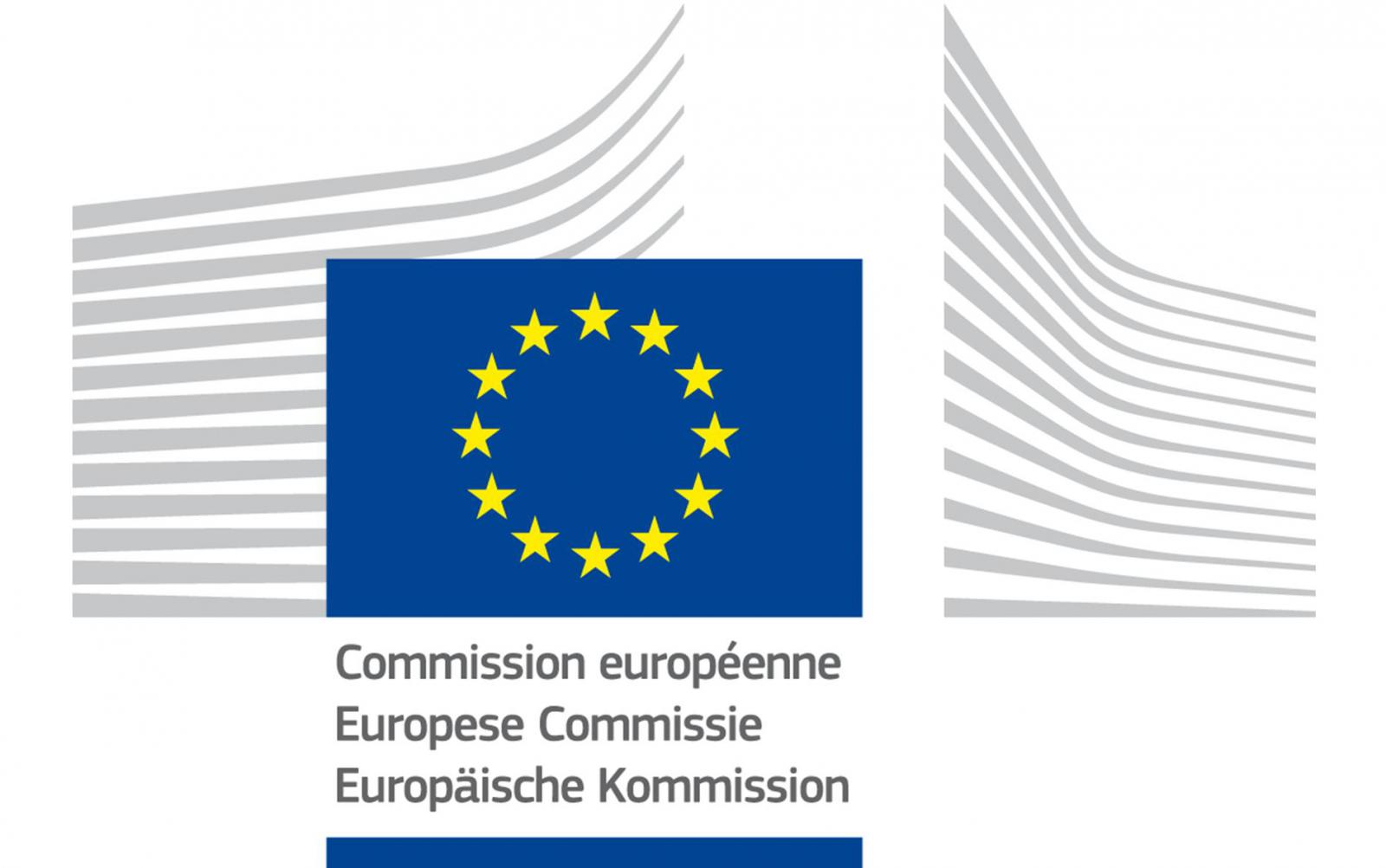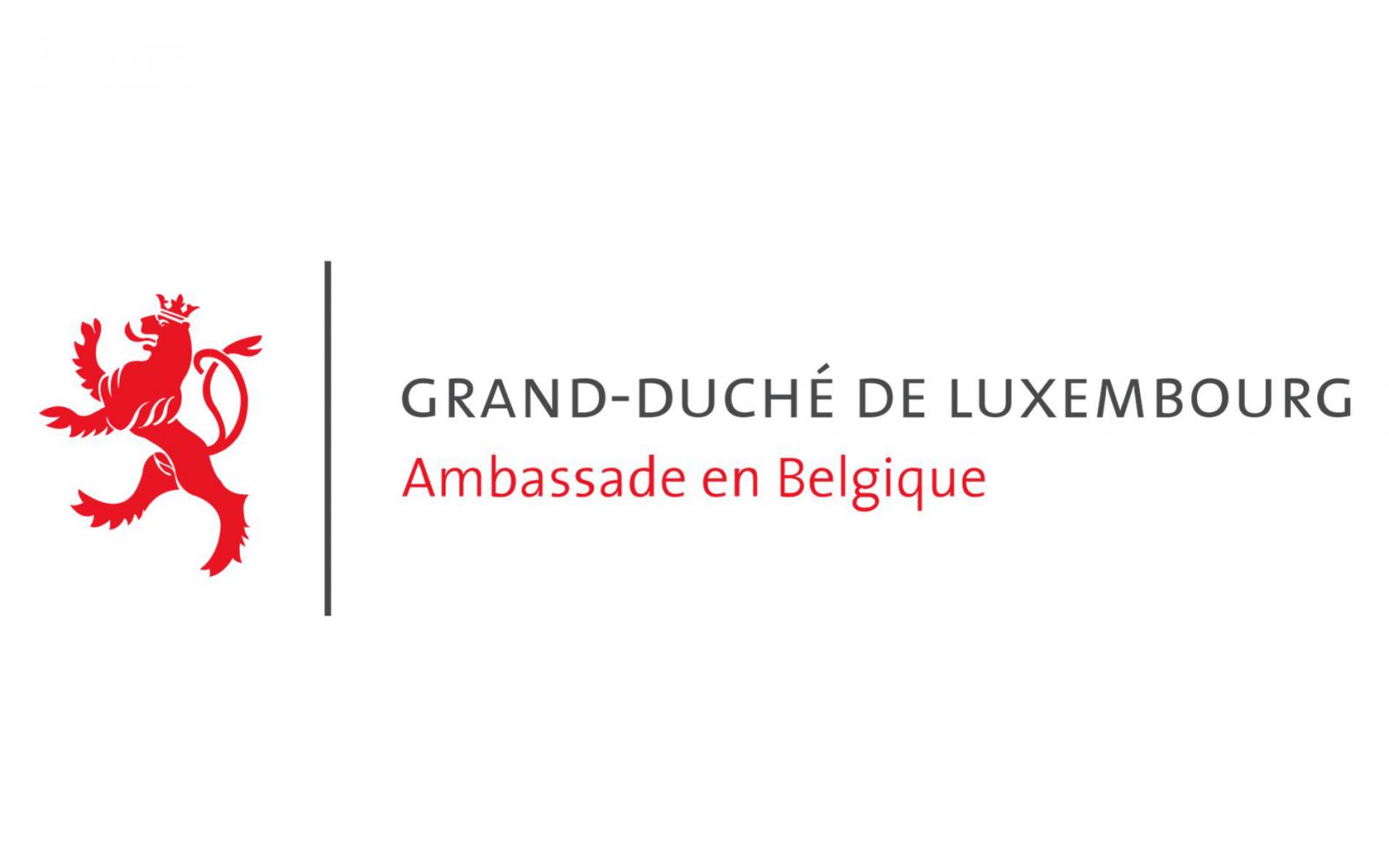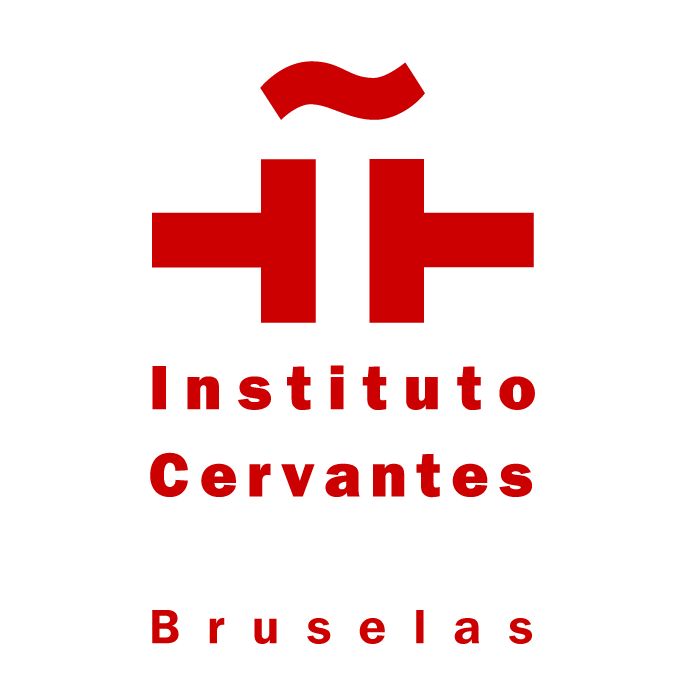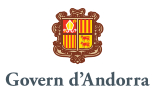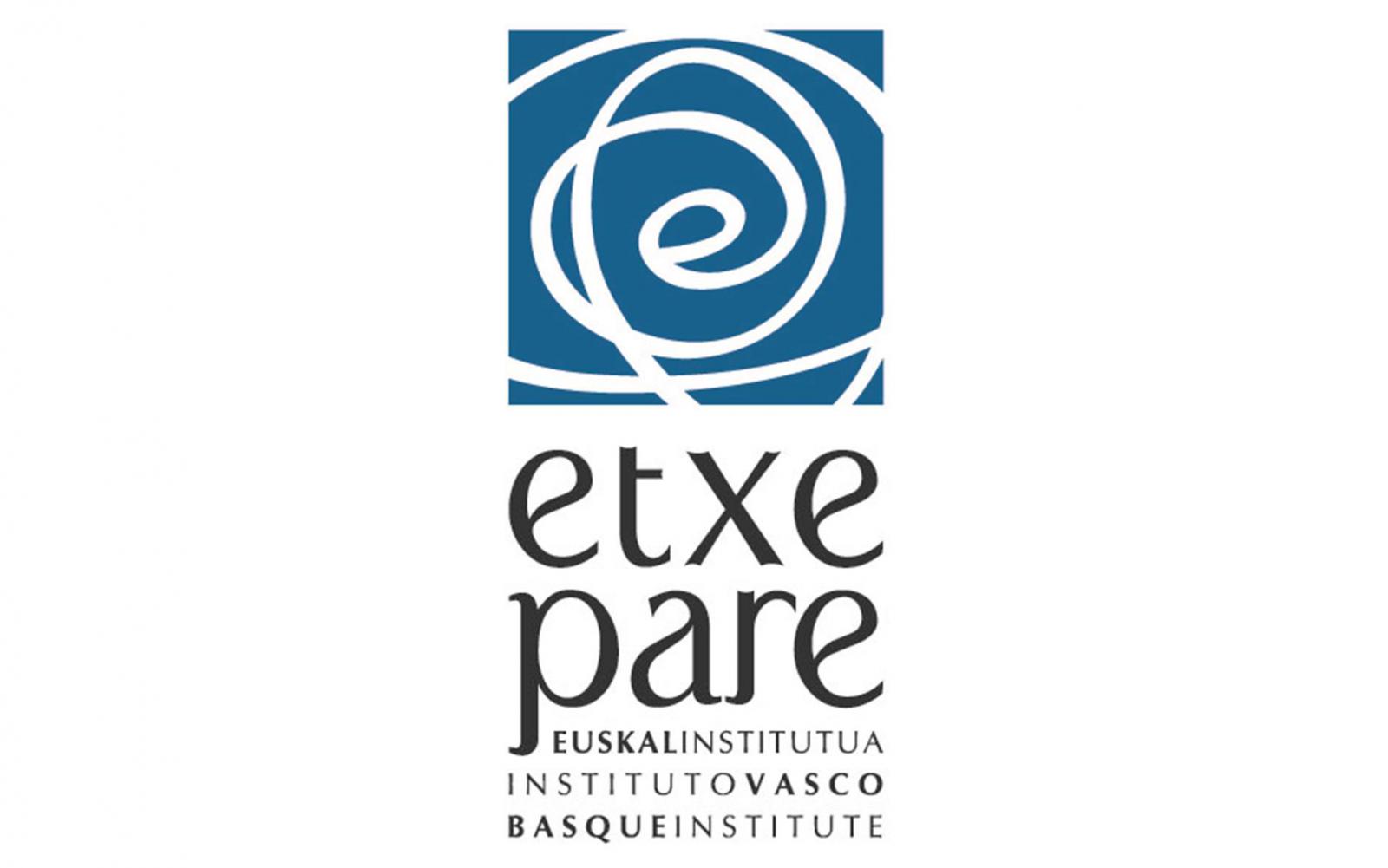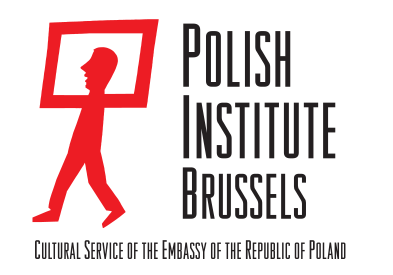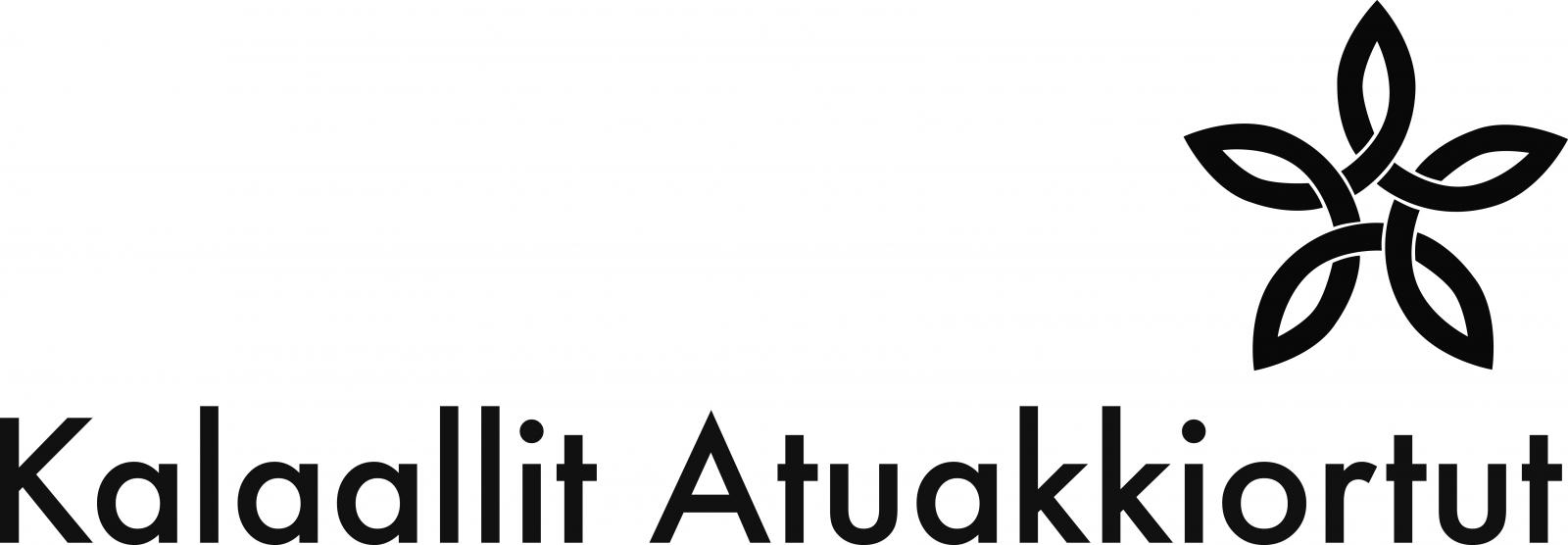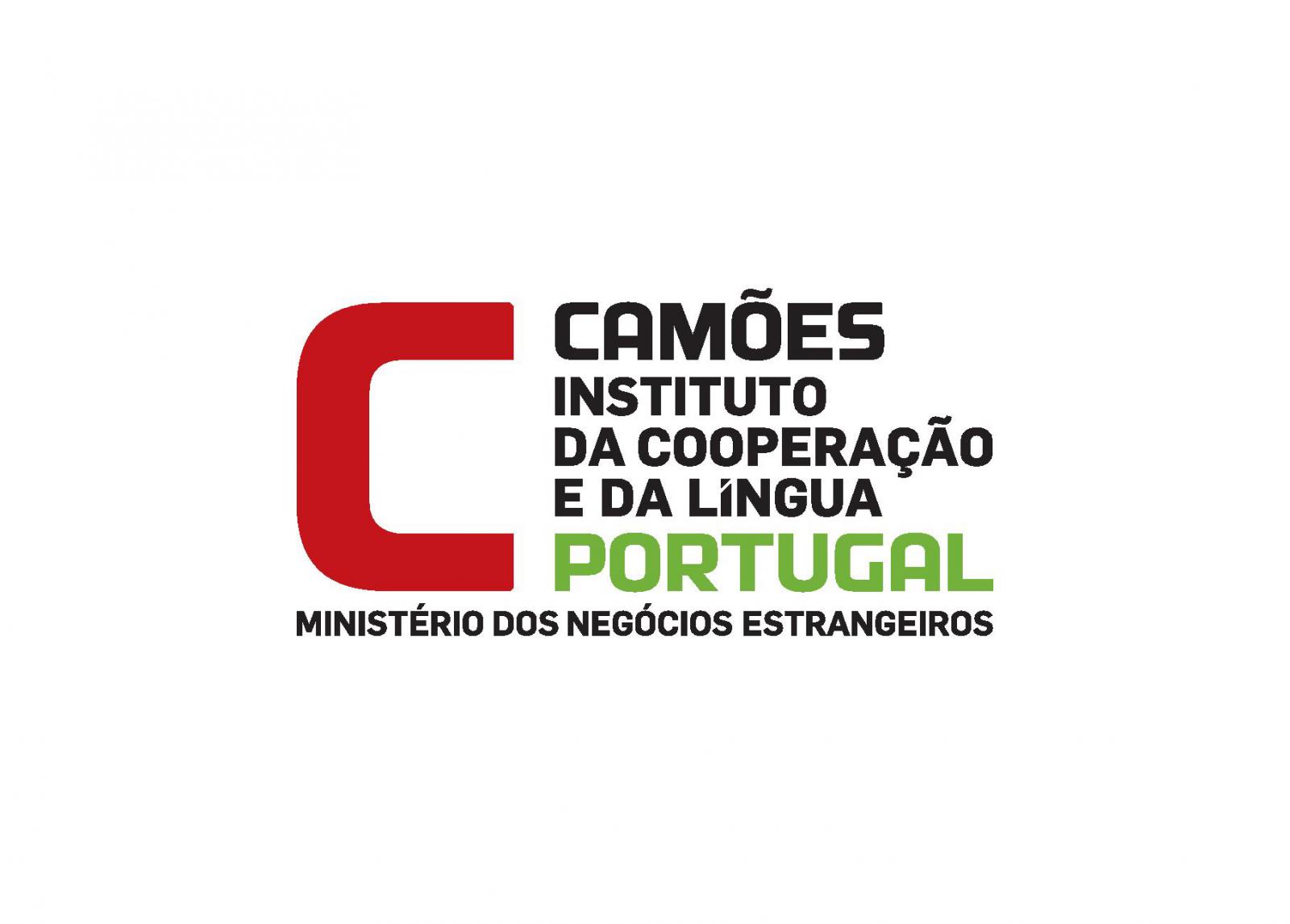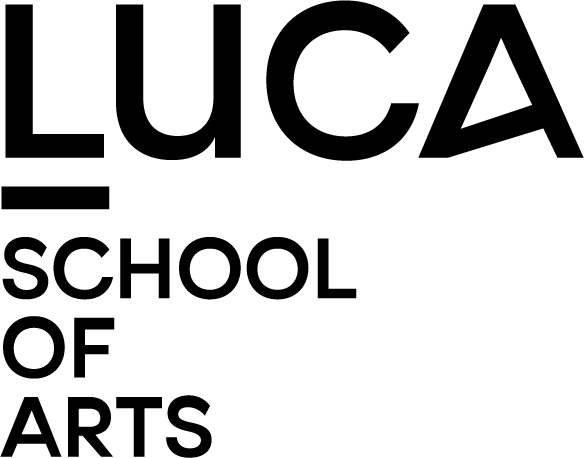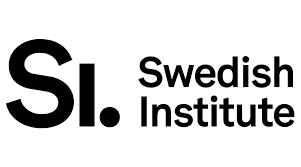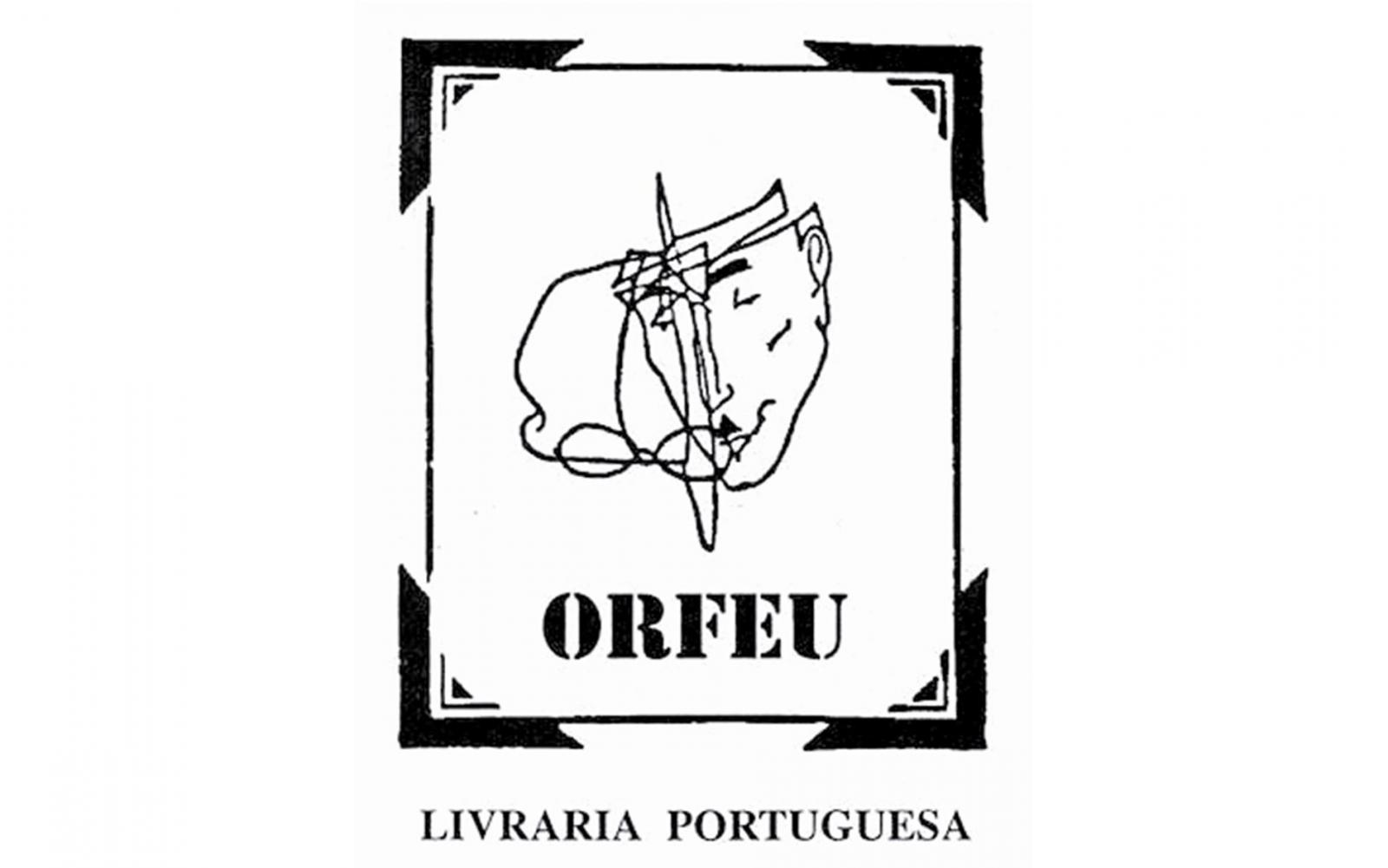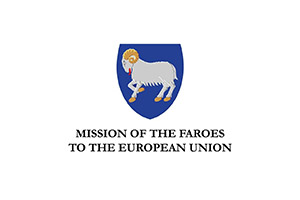Find a poet
Latest updates
-
TRANSPOESIE 2025
09/24/2025 -
Transpoesie 2025 - Programme
09/24/2025 -
Transpoesie 2025 - Open Call
04/16/2025
Giedrė KAZLAUSKAITĖ
Giedrė Kazlauskaitė gimė 1980 03 21 Kėdainiuose.
2004 m. baigė lietuvių filologijos bakalauro, 2007 m. – lietuvių literatūros magistro studijas Vilniaus universitete. Dirbo knygyne, bendradarbiavo žurnaluose jaunimui „Lux“, „Bitutė“, internetiniame dienraštyje „Bernardinai.lt“, „Verslo žiniose“, Lietuvos radijuje ir televizijoje (LRT), katalikų radijuje „Mažoji studija“. Nemažai kritikos straipsnių ir esė publikuota kultūrinėje spaudoje, poezijos publikuota almanachuose, rinkiniuose. Nuo 2010 m. – „Šiaurės Atėnų“ redaktorė.
Lietuvos rašytojų sąjungos narė – nuo 2011 m.
Pirmoji knyga „Sudie, mokykla“ (dvi apysakos) išleista 2001 m.
Knyga „Postilės“ (evangelijų komentarai) kartu su kunigu Julium Sasnausku išleista 2010 m.
Poezijos knygos: „Heterų dainos“ (2008), „Meninos“ (2014), „Singerstraum“ (2016), „Gintaro kambarys“ (2018). Įvertintos keliomis premijomis, yra vertimų į užsienio kalbas.
Giedrė Kazlauskaitė was born 1980 in Kėdainiai. In 2004 she finished her studies of Lithuanian language and literature at Vilnius University and in 2007 she got her Master's degree. She worked in a bookstore, and at magazines for youth, also in some newspapers, National Television and Radio (LRT). She has published a lot of reviews and essays in cultural press. Her poems were published in various almanacks and collections. She is and editor at editorial office of “Šiaurės Atėnai” since 2010. A member of Lithuanian Writers' Union since 2011.
For Kazlauskaitė, her queerness is associated with an indeterminate state of identity and her place in literature and the world. This undefined state expresses itself in non-identification and internal contradictions. As the writer herself maintains, though she seems to be not entirely a woman, she enjoys such so-called “feminine subjects” as motherhood, sewing, relationships, etc. Though Kazlauskaitė doesn’t consider herself part of the LGBT community, she does write about same-sex love. She writes ironically about feminism, particularly its more radical strain, but she devotes a considerable amount of attention to questions surrounding a woman’s place in culture and literature.
Latest books:
Meninos: poems. – Vilnius: Lietuvos rašytojų sąjungos leidykla, 2014.
Singerstraum: poems. – Vilnius: Lietuvos rašytojų sąjungos leidykla, 2016.
Gintaro kambarys: poems. – Vilnius: Lietuvos rašytojų sąjungos leidykla, 2018.
Née en 1980, elle a effectué des études de langue et de littérature lituaniennes à l’université de Vilnius, avant de devenir rédactrice de l’hebdomadaire culturel Athènes du Nord en 2010. Son premier ouvrage en prose, Adieu, l’école ! a été suivi en 2008 d’un recueil de poèmes, Chants des Hétaïres. Elle est aussi l’auteure d’un commentaire des Évangiles, écrit en collaboration avec le Père Julius Sasnauskas, ainsi que d’un livre intitulé Les Ménines. Elle est publiée par les Éditions Bruno Doucey dans le coffret Europ’oètes (2016), à l’occasion du programme Versopolis. Les poèmes de Giedrė Kazlauskaitė rassemblés dans le présent recueil sont extraits des livres suivants:
Heterų dainos: poèms. – Vilnius: Lietuvos rašytojų sąjungos leidykla, 2008.
Meninos: poèms. – Vilnius: Lietuvos rašytojų sąjungos leidykla, 2014.
Singerstraum: poèms. – Vilnius: Lietuvos rašytojų sąjungos leidykla, 2016.
Gintaro kambarys: poèms. – Vilnius: Lietuvos rašytojų sąjungos leidykla, 2018.
Giedrė Kazlauskaitė – dichteres, criticus, essayiste. Geboren op 21 maart 1980 in Kėdainiai.
Ze voltooide in 2004 de bacheloropleiding Litouwse filologie en in 2007 de master Litouwse literatuur aan de universiteit van Vilnius. Ze was werkzaam in een boekhandel en werkte voor de jeugdtijdschriften Lux en Bitutė, de onlinekrant Bernardinai.lt, het zakenblad Verslo žinios, de Litouwse nationale radio en televisie LRT en de katholieke radiozender Mažoji studija. Een groot aantal kritische artikelen en essays van haar hand zijn gepubliceerd in de culturele pers; haar poëzie verscheen in bloemlezingen en gedichtenbundels. Sinds 2010 is ze als redactrice verbonden aan het culturele weekblad Šiaurės Atėnai.
Giedrė Kazlauskaitė is sinds 2011 lid van de Litouwse Schrijversbond.
Haar eerste boek Sudie, mokykla (Vaarwel school), dat twee verhalen bevat, verscheen in 2001. Het boek Postilės, waarin ze samen met priester Julius Sasnauskas de evangeliën van commentaar voorziet, dateert uit 2010. Poëziebundels zijn: Heterų dainos (Liederen van Hetaeres, 2008), Meninos (Las Meninas, 2014), Singerstraum (2016) en Gintaro kambarys (De barnstenen kamer, 2018). De werken zijn met verschillende prijzen bekroond en in meerdere talen vertaald.

.jpg)
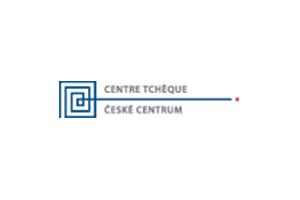


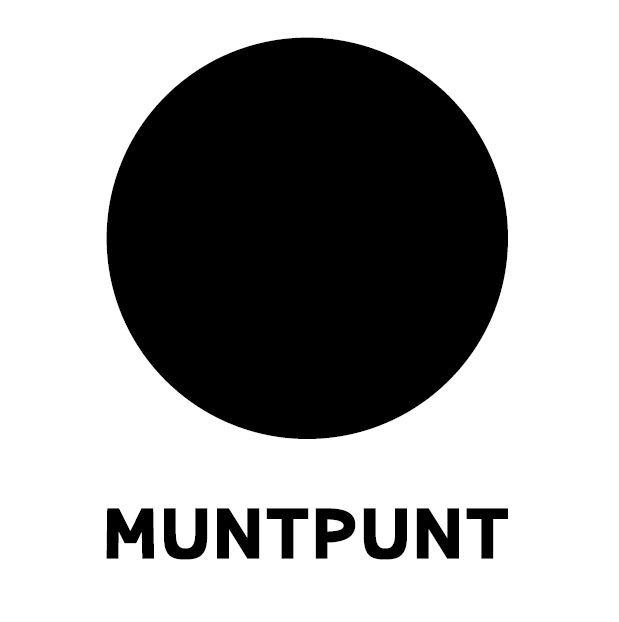
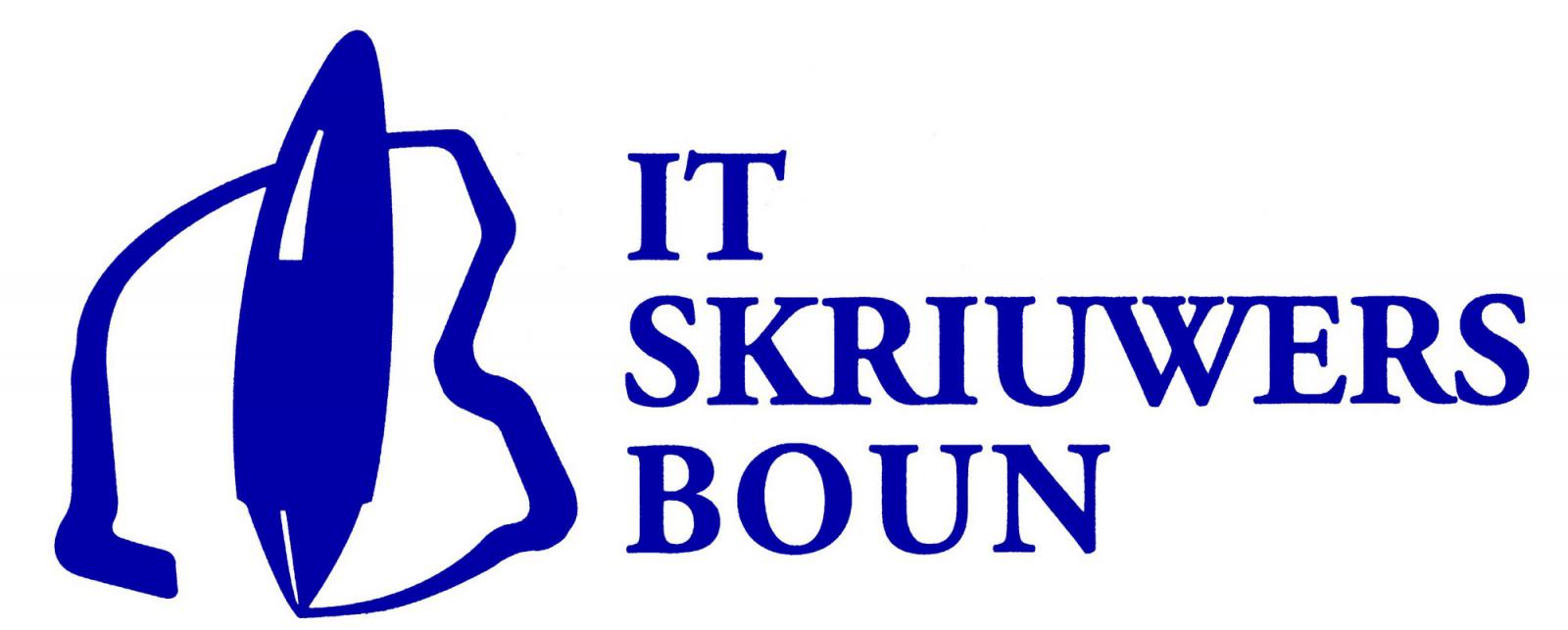
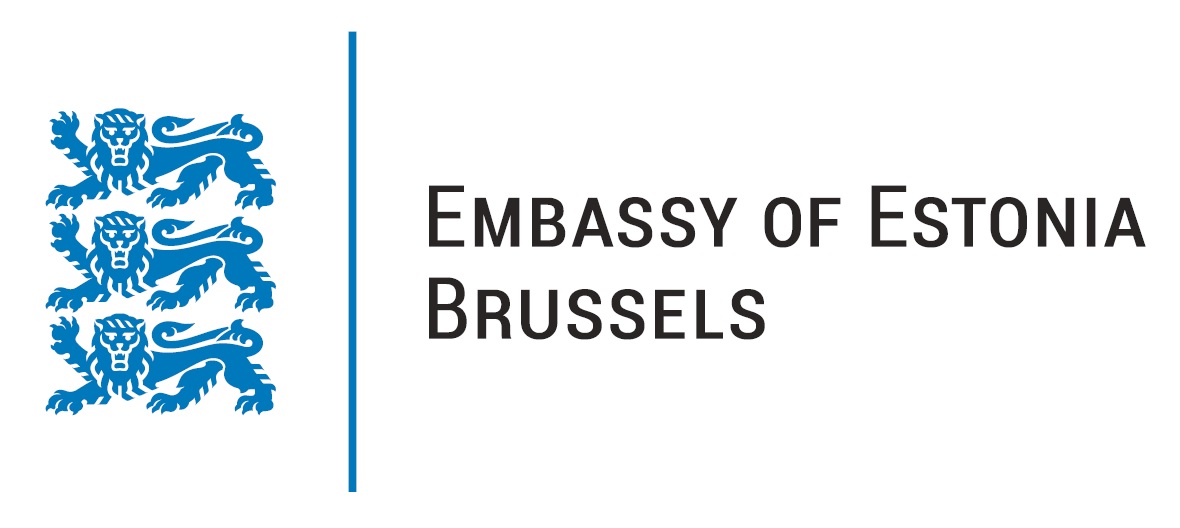
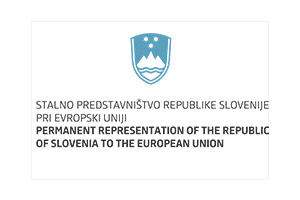
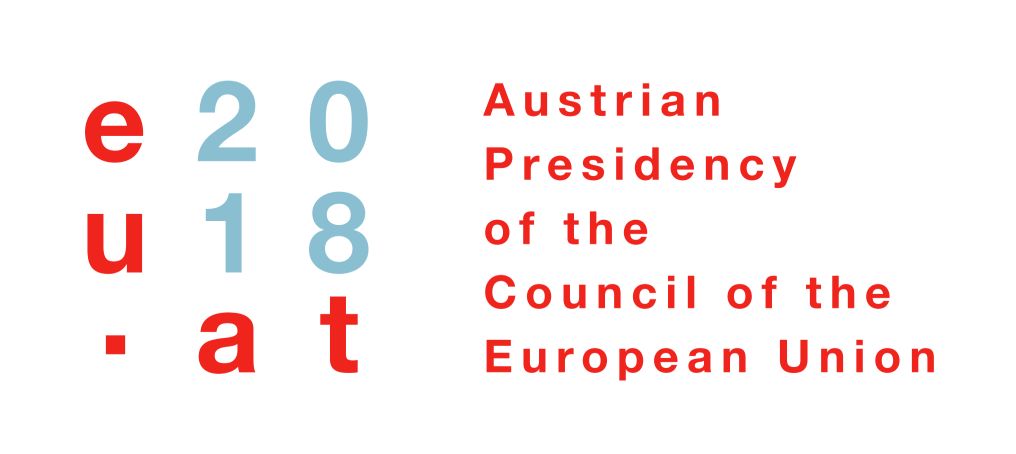
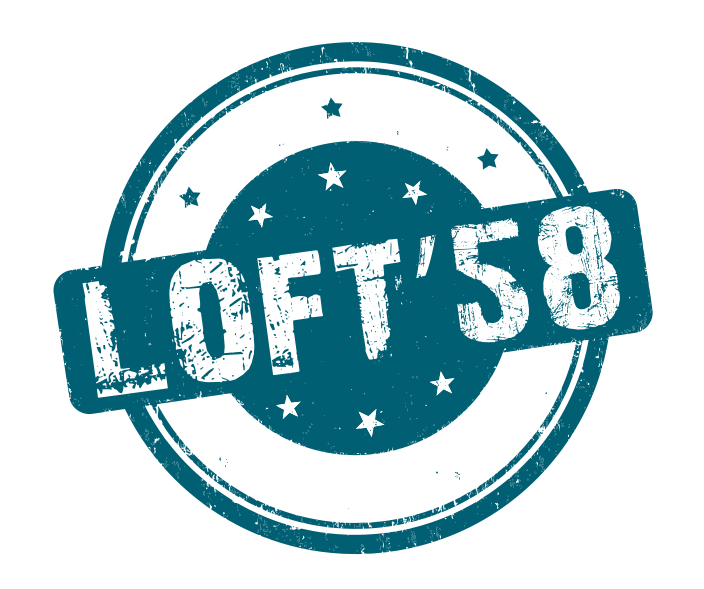

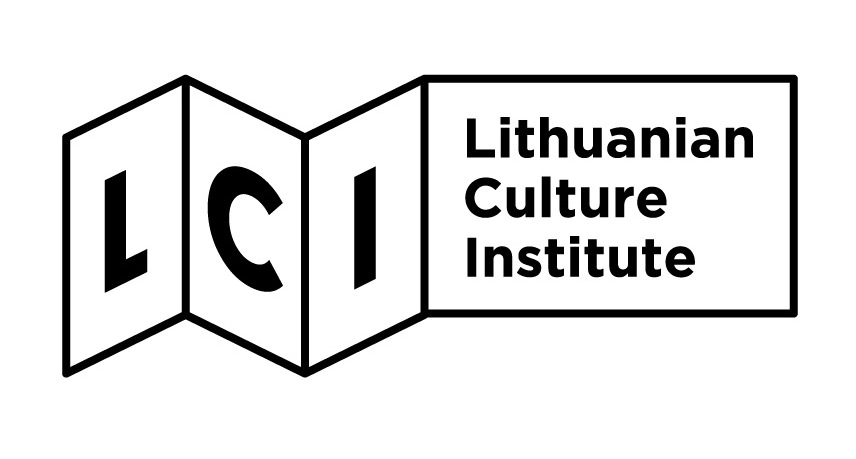
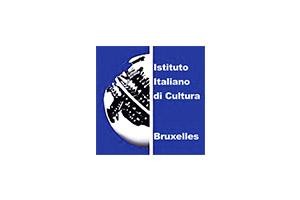
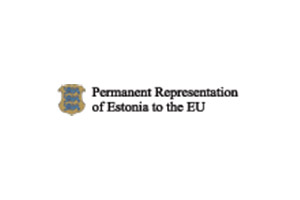

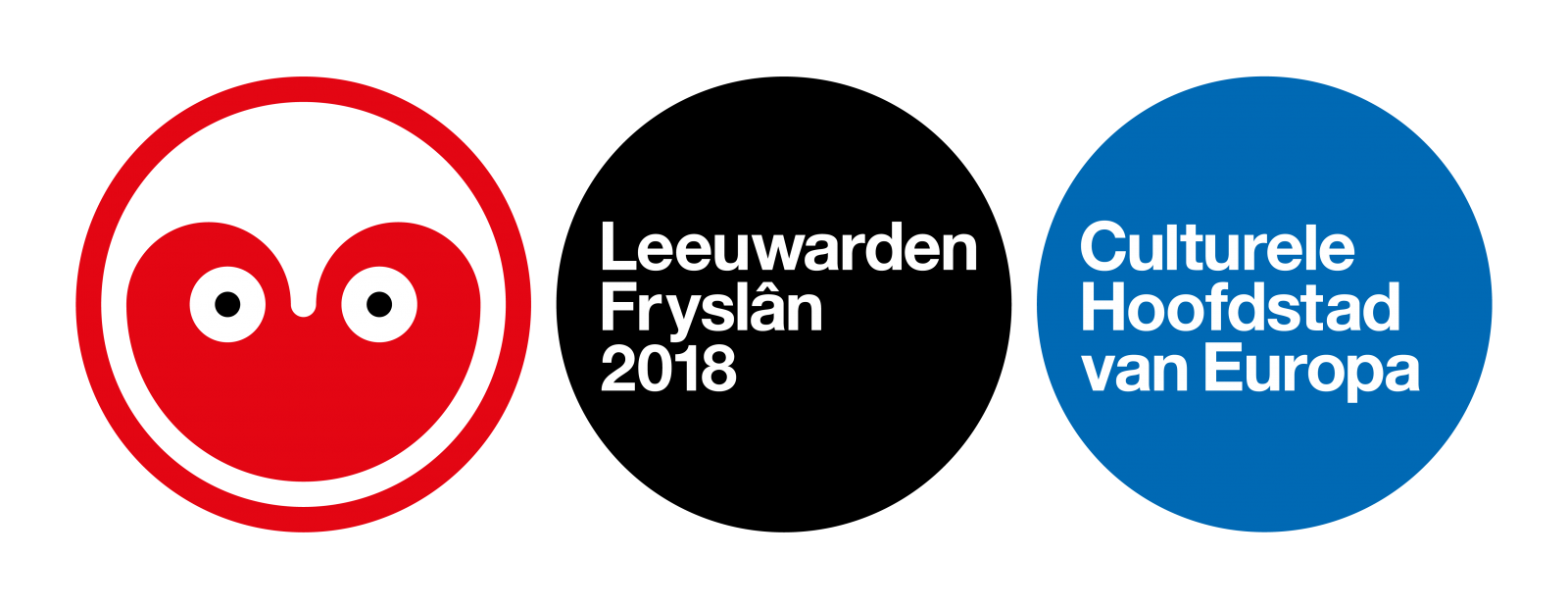
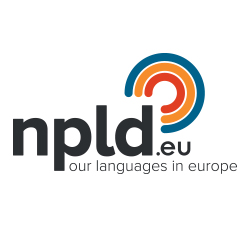

/RO - on the website.png)
